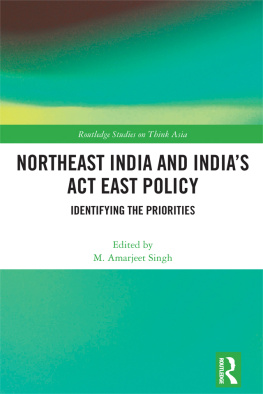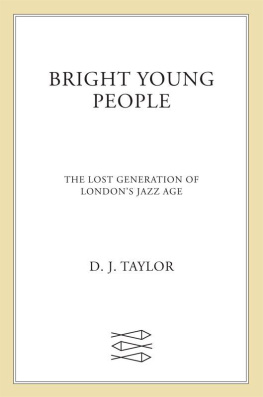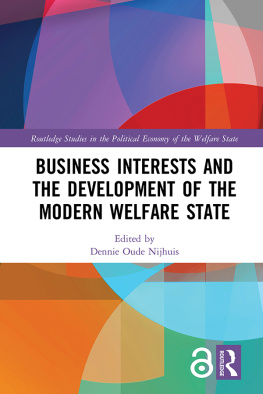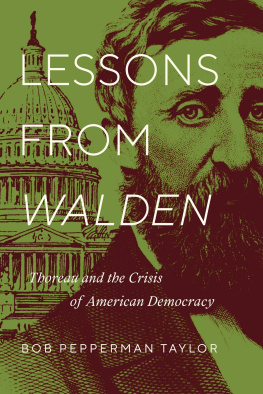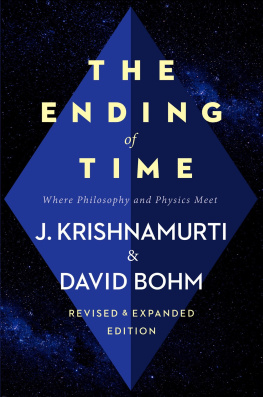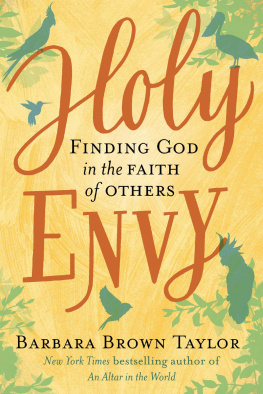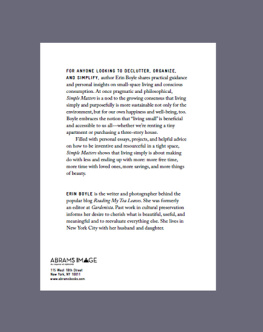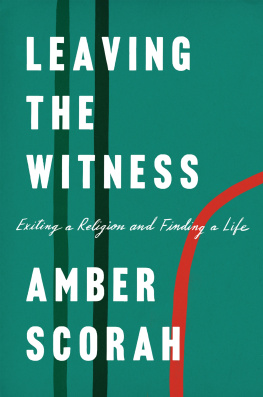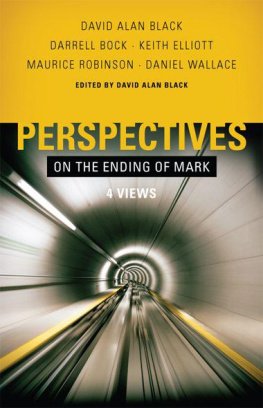Last Works
ALSO BY MARK C. TAYLOR
Speed Limits: Where Time Went and Why We Have So Little Left
Recovering Place: Reflections on Stone Hill
Rewiring the Real: In Conversation with William Gaddis, Richard Powers, Mark Danielewski, and Don DeLillo
Refiguring the Spiritual: Beuys, Barney, Turrell, Goldsworthy
Crisis on Campus: A Bold Plan for Reforming Our Colleges and Universities
Field Notes from Elsewhere: Reflections on Dying and Living
After God
Mystic Bones
Confidence Games: Money and Markets in a World without Redemption
Grave Matters (with Dietrich Christian Lammerts)
The Moment of Complexity: Emerging Network Culture
About Religion: Economies of Faith in Virtual Culture
The Picture in Question: Mark Tansey and the Ends of Representation
Critical Terms for Religious Studies
Hiding
Imagologies: Media Philosophy (with Esa Saarinen)
The Ral: Las Vegas, Nevada (with Jose Marquez)
Nots
Disfiguring: Art, Architecture, Religion
Michael Heizer: Double Negative
Tears
Altarity
Deconstruction in Context: Literature and Philosophy
Erring: A Postmodern A/Theology
Deconstructing Theology
Journeys to Selfhood: Hegel and Kierkegaard
Unfinished ... : Essays in Honor of Ray L. Hart
Religion and the Human Image (with Carl Raschke and James Kirk)
Kierkegaards Pseudonymous Authorship: A Study of Time and the Self
Last Works
Lessons in Leaving
Mark C. Taylor

Copyright 2018 by Mark C. Taylor.
All rights reserved.
This book may not be reproduced, in whole or in part, including illustrations, in any form (beyond that copying permitted by Sections 107 and 108 of the U.S. Copyright Law and except by reviewers for the public press), without written permission from the publishers.
Yale University Press books may be purchased in quantity for educational, business, or promotional use. For information, please e-mail (U.K. office).
Set in Bulmer type by Westchester Publishing Services.
Printed in the United States of America.
Library of Congress Control Number: 2017940587
ISBN 978-0-300-22439-9 (hardcover : alk. paper)
A catalogue record for this book is available from the British Library.
This paper meets the requirements of ANSI/NISO Z39.48-1992 (Permanence of Paper).
10 9 8 7 6 5 4 3 2 1
For
Jackson Noel
Taylor Virginia
Selma Linnea
Elsa Ingrid
The great thing is to last and get your work done and see and hear and learn and understand; and write when there is something that you know; and not before; and not too damned much after. Let those who want to save the world if you can get to see it clear as a whole. Then any part you make will represent the whole if it is made truly.
Ernest Hemingway, Death in the Afternoon
Contents
Acknowledgments
AS THE YEARS PASS AND THE BOOKS accumulate, the debts grow. Words are never merely ones own, but are also borrowed from others known and unknown, named and unnamed. Books are messages sent in bottles that sometimes land on distant shores and return to surprise the author. Every writer needs thoughtful readers who are honest enough to tell him what to keep and what to cut. For this and much else, I am indebted to Jack Miles, John Chandler, George Rupp, Gil Anidjar, Jeffrey Kosky, Thomas Carlson, Sophie Cabot Black, Debra Winter, Paul Lieberman, Michael LeWitt, and Esa Saarinen. I would also like to express my appreciation to Don Fehr, for his commitment to ideas more than sales; Jennifer Banks, the rare editor who is truly a gifted writer; Andrew Stark, for his thoughtful comments; and Margaret Weyers, for keeping track of what I am constantly losing. Though I have been teaching for half a century, the classroom remains as mysterious as the day I started. I usually know after the first day whether a class will work or not work. When it clicks, it is magical and both teacher and students know something special is happening. In the spring of 2015, my seminar Last Works at Columbia University was such a magical trip, and I remain eternally grateful to everyone who made it happen. Had that been my last class, and perhaps it should have been, I would have ended satisfied. Nothing I have written over the years would have been possible without the gift of patient support from my family: Dinny, Aaron, Kirsten, Frida, Jonathan, and Beryl. Such a debt can never be repaid. Finally, endings can sometimes also be beginningsif not for oneself, then for others. Last Works is, among other things, a letter to my grandchildrenJackson Noel, Taylor Virginia, Selma Linnea, and Elsa Ingrid. My hope is that some of what I have learned along the way might be helpful to them as they attempt to negotiate the perilous future we are leaving them.
Summer Solstice, 2016
Stone Hill
Errant Reflections
I DO NOT KNOW IF THIS WILL BE my last book. You never know when, where, or how the end arrives. Every work might be the last work, every class the last class, every game the last game, every day the last day. Even when anticipated, the end arrives unexpectedlylike a thief in the night. Having once died without dying, I thought I had taught my last class and written my last book. But I was granted a reprieve, a temporary reprieve that grows shorter every day. Such an experience, if it was an experience, shifts the axis of the world even if ever so slightly. Things no longer line up as they once did; shadows are darker, and light is brighter. Your sense of time changes profoundly because you begin to realize that you never have time because time always has you. Time is not ours to take, give, spend, save, share, or waste; rather, it is a gift that is not at your disposal, and the gift of time is inseparable from the gift of death.
Ending and leaving are not the same. It is possible to end without leaving, and to leave without ending. Leaving, like ending, is a matter of time, or, more precisely, of timing. When to leave? How to leave? Some leavings are chosen, others are not; some leavings bring relief, even joy, others bring pain, even suffering. To ask what it means to leave is also to ask what it means to stayto stay too long, or not long enough. There is a right time and a wrong time to leave. Though his end was traumatic, Ernest Hemingway offered sage advice about leaving. The great thing is to last and get your work done and see and hear and learn and understand; and write when there is something that you know; and not before; and not too damned much after. In matters of life and death, timing is everything.
Far too many people today have forgotten how to leave, and so stay on, and on, and on until they become a burden to others. Though leaving can occur at any time, it is most consequential near the endthe end of a relationship, a career, a life. There are many reasons people lingersome are financial, some are social, most are psychological. In my experience, people refuse to leave because they fear what might or might not come next. To retire is to withdraw from the life one has lived so that one has time to explore lives that might have been or might yet be. But today, retirement and the leisure it is supposed to bring have become quaint memories of a slower world where life was less frenzied. Puritanism runs deep in the American grain even for those who deny it. When worth and identity are bound to job or career, to retire is to become nobody. All too often people cling to work not because they enjoy what they are doing but because they fear doing nothing. Perhaps, however, there is no better way to end than by pondering nothing.
Next page


